Benefits of Damiana: A Time-Tested Remedy for Modern Wellness

By Kelsey Barrett, Clinical Herbalist
The pandemic ushered in a new era of embracing mental wellness, with 39% of adults now more willing to seek mental health support than before. One in five people sought therapy to address pandemic-related anxiety or stress, and more than 30% of adults currently report symptoms of anxiety or depression, up 29% from pre-pandemic levels. Many people had little choice but to confront their emotional state and well-being, often for the first time.
Collectively, we are witnessing a shift towards recognizing the importance of psychological well-being alongside physical wellness in our perception of health.
For thousands of years, humans have relied on plants to support all elements of our vitality. Around the globe, botanical medicine continues to offer 80% of the world's population primary or integrative healthcare, and up to 40% of pharmaceutical drugs are still derived from plant phytochemicals.
Damiana: Plant Medicine for Modern Times
While herbal trends in mainstream culture come and go, one plant, in particular, Turnera diffusa, or damiana, is a medicine distinctly suited for this moment in time.
Damiana’s influence on the nervous system and mood is unique and kaleidoscopic. As a central nervous system relaxant, damiana helps regulate feelings of anxiety and physical stress. It contains the phytochemical apigenin, which studies have shown to both relax smooth muscle and reduce pain. While a common misconception of relaxant herbs is that they make you feel tired, calming the nervous system can give people energy by allowing physical tension to melt from the body.
Damiana can also amplify mood by increasing dopamine, the “feel good” neurotransmitter so often depleted by exposure to processed foods, excessive stimulation, and stress in our modern world.
Benefits of Damiana
- Nervine: Damiana is relaxing and restorative to the central nervous system, which can be reparative after long periods of stress.
- Analgesic: Turnera species contain the flavonoid apigenin, identified as an analgesic in animal studies. Analgesic herbs lower pain. The study noted that damiana can achieve this without noticeable effects on cognitive function.
- Antispasmodic: Apigenin at higher doses can trigger muscle relaxation and sedation.
- Antidepressant: As an MAO-B inhibitor, damiana may increase dopamine! Monoamine oxidase type B is an enzyme that consumes dopamine not being used by your brain. MAO-B inhibitors stop this enzyme's function so that more dopamine remains available to support a positive mood.
- Hormone Balancing: Damiana promotes hormonal health by working as an aromatase inhibitor, slowing the enzyme that converts testosterone to estrogen. When in balance, testosterone improves your energy levels, enhances general mood, and improves mental concentration. This can support both men (AMAB, assigned male at birth) and women (AFAB, assigned female at birth).
*Damiana is an emmenagogue, meaning it moves blood in the pelvic floor, and should not be consumed by pregnant or nursing people. Damiana also lowers blood sugar in larger quantities and should be used with caution in conjunction with blood sugar-lowering medication.
History of Damiana
Native to tropical America, from Mexico to South America and the Caribbean, damiana has been traditionally used by the Maya to uplift the spirit and soothe the body and mind. Historically consumed by all members of the family, including children*, damiana was revered as the "Green Goddess", a symbol of calm and tranquility.
Its nourishing and soothing effect on the nervous system and positive impact on mood can create a feeling of euphoria or even “giddiness,” as noted in observations by early Spanish missionaries. It was also documented that the Mayans burned the leaves to alleviate anxiety and depression.

Damiana is also traditionally consumed as a liqueur in Mexico, and is credited with being the main ingredient in the “original margarita”. Believed to be an aphrodisiac, damiana is sometimes referred to as Turnera aphrodisiaca.
From The Herbalist Author
Meet Kelsey Barrett, clinical herbalist and educator featured in Vogue and Edible for her work in transforming individual health through the power of plants.

“It is an honor to harness the awesome powers of the damiana plant so that consumers everywhere can begin to experience its positive effects on mood, hormone balance, and mental health. Numi’s Relax and Regenerate line is more than just tea; it's a natural elixir that will stand the test of time.”
References
[1] Chaurasiya ND, Zhao J, Pandey P, Doerksen RJ, Muhammad I, Tekwani BL. Selective Inhibition of Human Monoamine Oxidase B by Acacetin 7-Methyl Ether Isolated from Turnera diffusa (Damiana). Molecules. 2019 Feb 23;24(4):810. doi: 10.3390/molecules24040810. PMID: 30813423; PMCID: PMC6412401.
[2] Da-cheng Hao, Pei-gen Xiao, Pharmaceutical resource discovery from traditional medicinal plants: Pharmacophylogeny and pharmacophylogenomics, Chinese Herbal Medicines, Volume 12, Issue 2, 2020,
Pages 104-117,ISSN 1674-6384, https://doi.org/10.1016/j.chmed.2020.03.002.
(https://www.sciencedirect.com/science/article/pii/S1674638420300204)
[3] Kaiser Family Foundation report: The Implications of COVID-19 for Mental Health and Substance Use, March 20, 2023 2 American Psychiatric Association: Americans
[4] Salehi B, Venditti A, Sharifi-Rad M, Kręgiel D, Sharifi-Rad J, Durazzo A, Lucarini M, Santini A, Souto EB, Novellino E, Antolak H, Azzini E, Setzer WN, Martins N. The Therapeutic Potential of Apigenin. Int J Mol Sci. 2019 Mar 15;20(6):1305. doi: 10.3390/ijms20061305. PMID: 30875872; PMCID: PMC6472148.
[5] Szewczyk K, Zidorn C. Ethnobotany, phytochemistry, and bioactivity of the genus Turnera (Passifloraceae) with a focus on damiana--Turnera diffusa. J Ethnopharmacol. 2014 Mar 28;152(3):424-43. doi: 10.1016/j.jep.2014.01.019. Epub 2014 Jan 24. PMID: 24468305.
[6] United States Department of Agriculture, Medicinal Botany, https://www.fs.usda.gov/wildflowers/ethnobotany/medicinal/index.shtml#:~:text=A%20full%2040%20percent%20of,in%20the%20United%20States%20today.
[7] Zhao J, Dasmahapatra AK, Khan SI, Khan IA. Anti-aromatase activity of the constituents from damiana (Turnera diffusa). J Ethnopharmacol. 2008 Dec 8;120(3):387-93. doi: 10.1016/j.jep.2008.09.016. Epub 2008 Sep 26. PMID: 18948180.
-
elena on
I appreciate the insights shared in this article, particularly the emphasis on seeking professional advice for mardana kamzori ka nusksha. It’s reassuring to know that there are various treatment options available and that it’s not something anyone has to face alone.
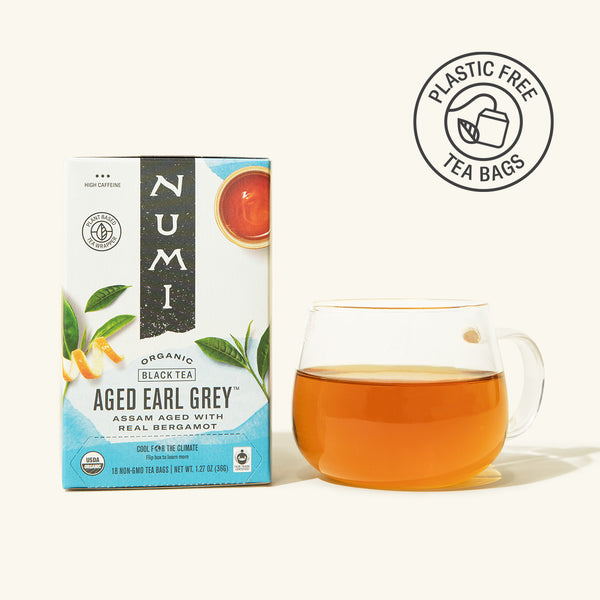
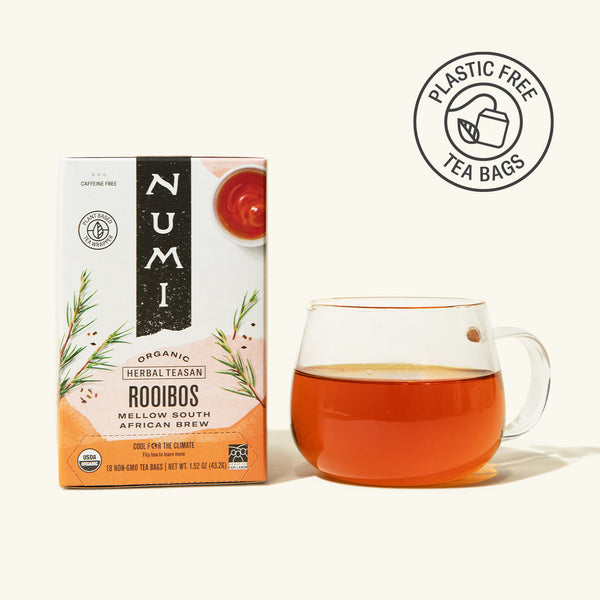
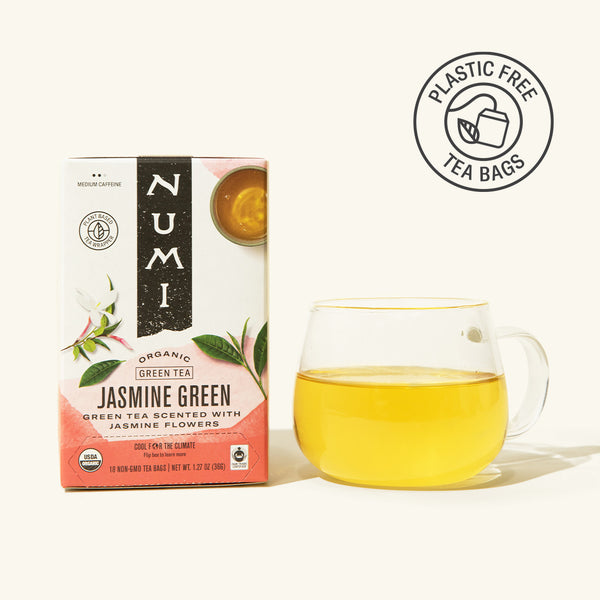
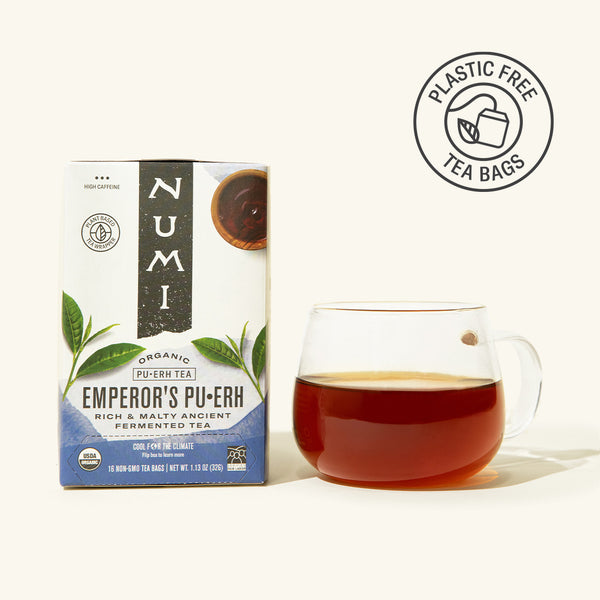
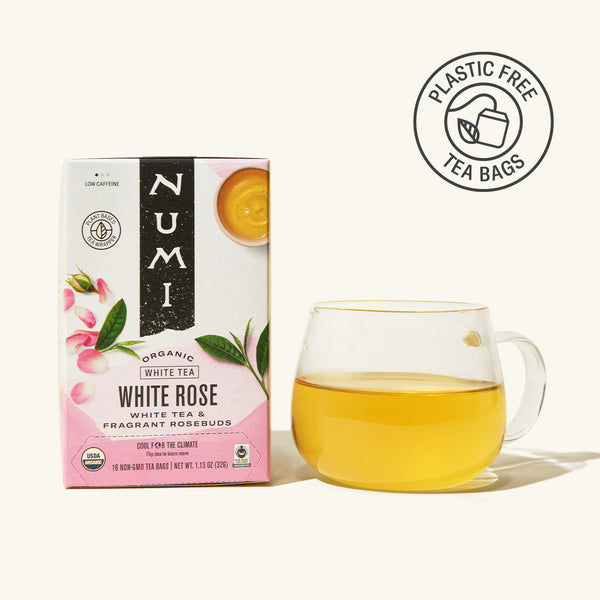
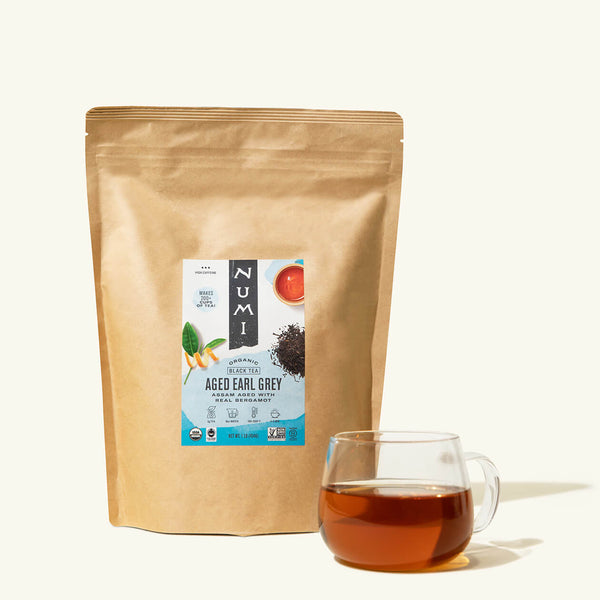
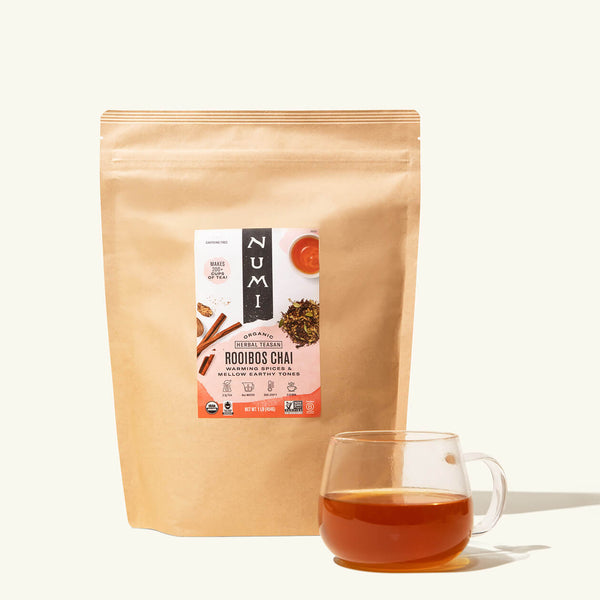
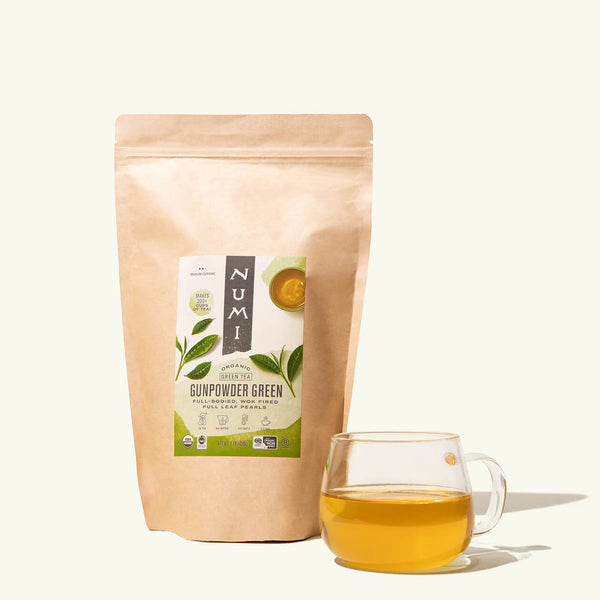
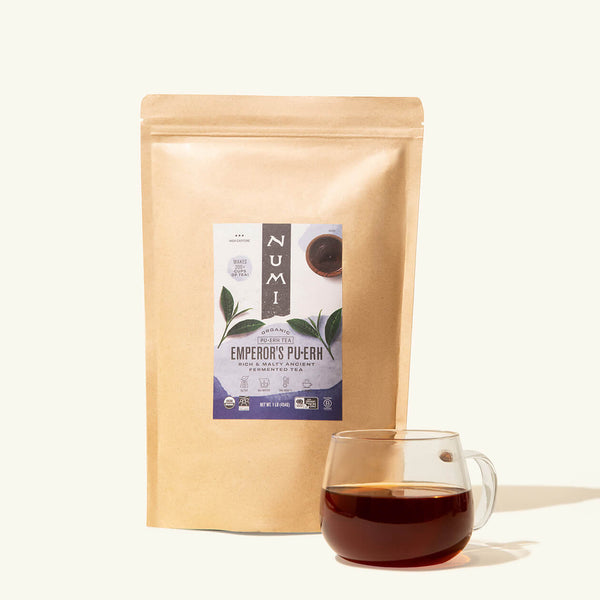
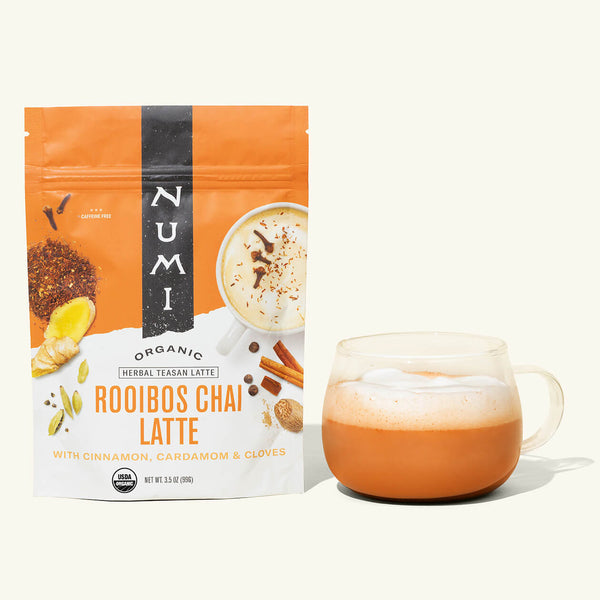
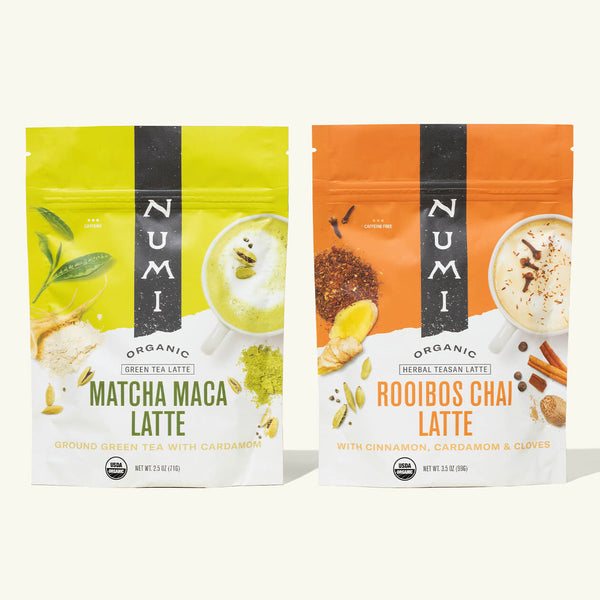


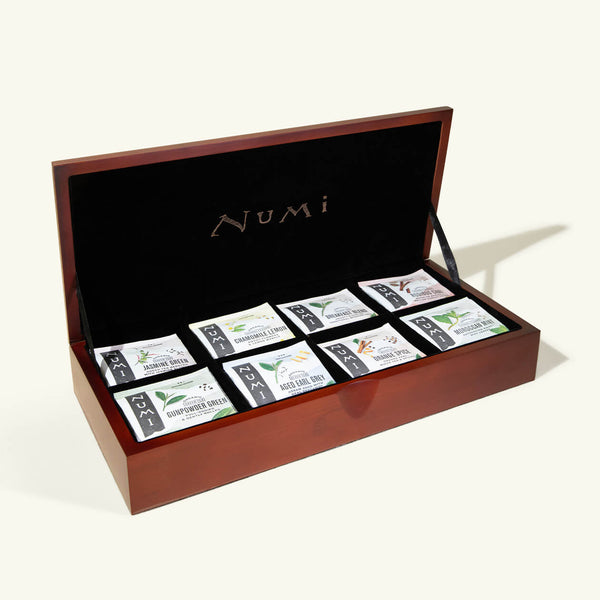
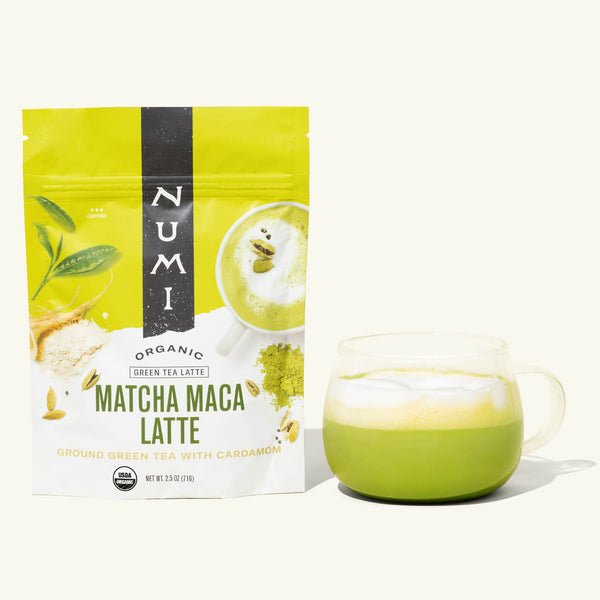
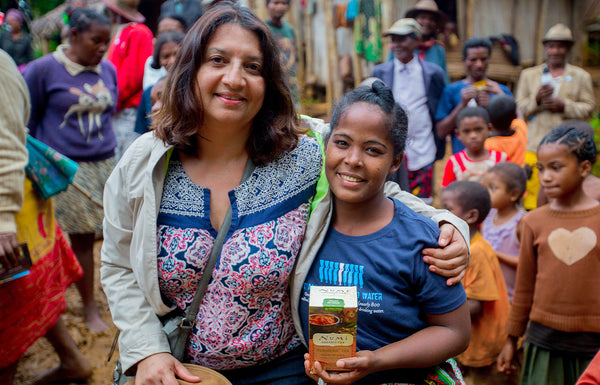

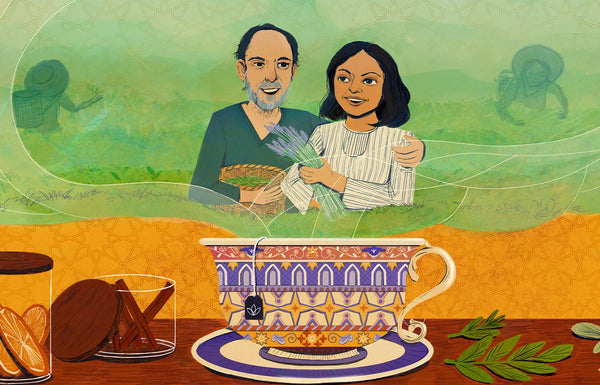
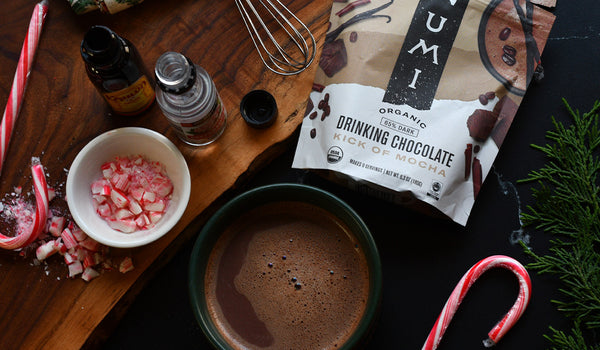

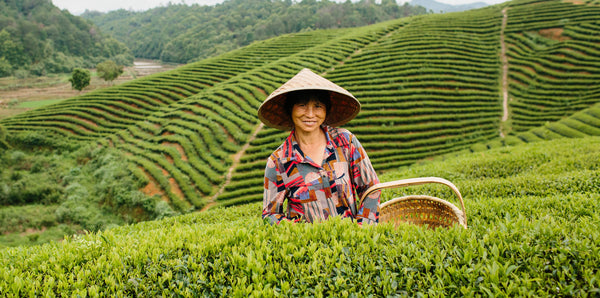
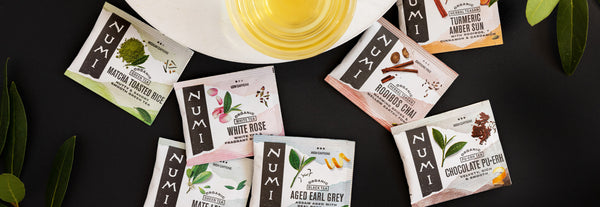
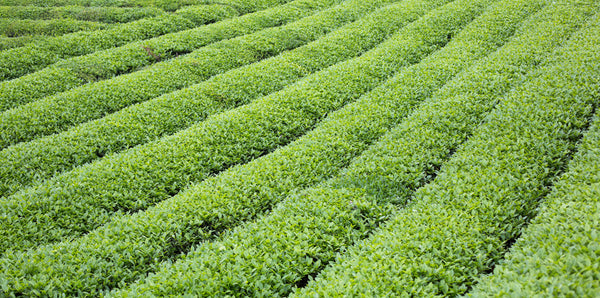
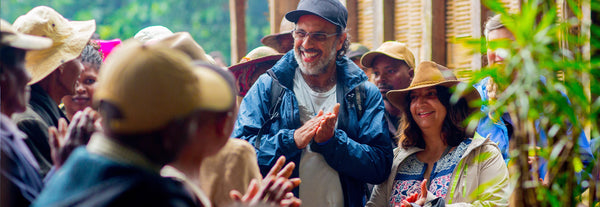
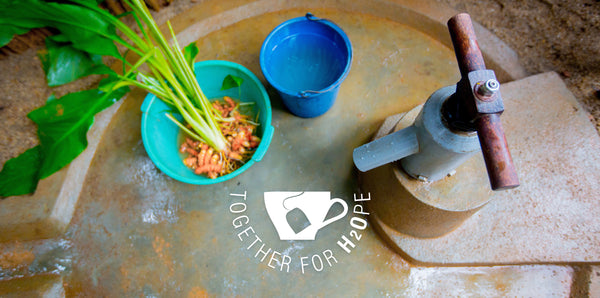

Thank you for this article and this amazing tea. I drink this daily and feel great.